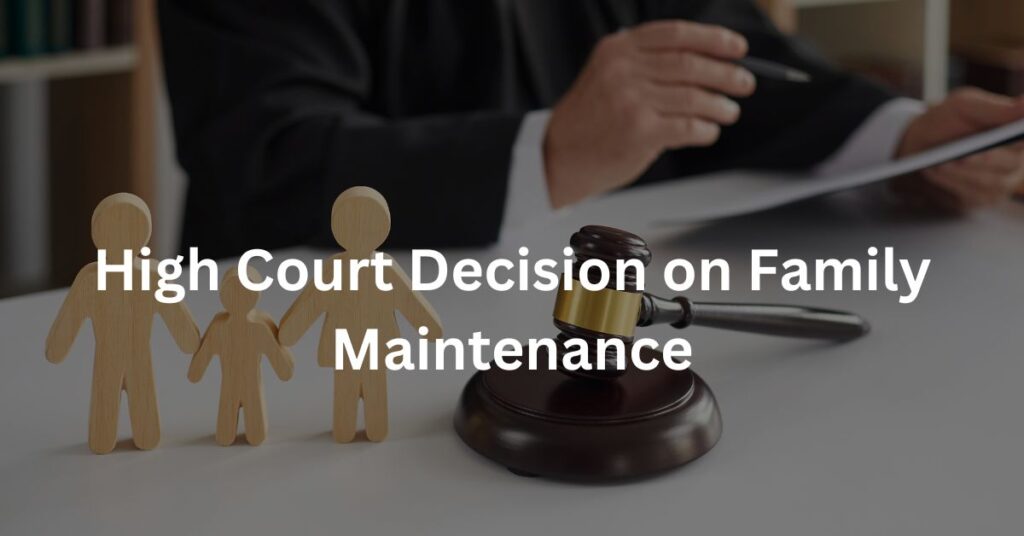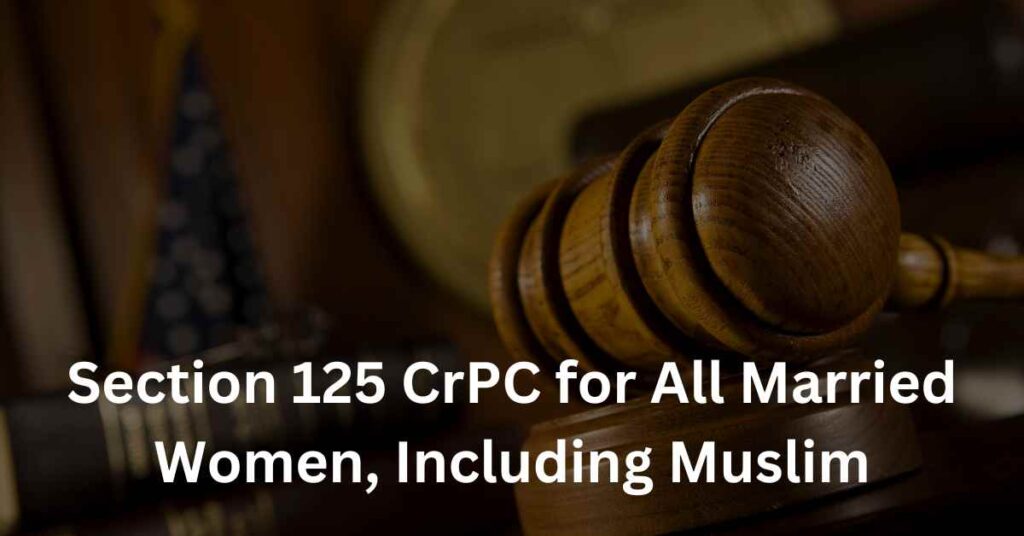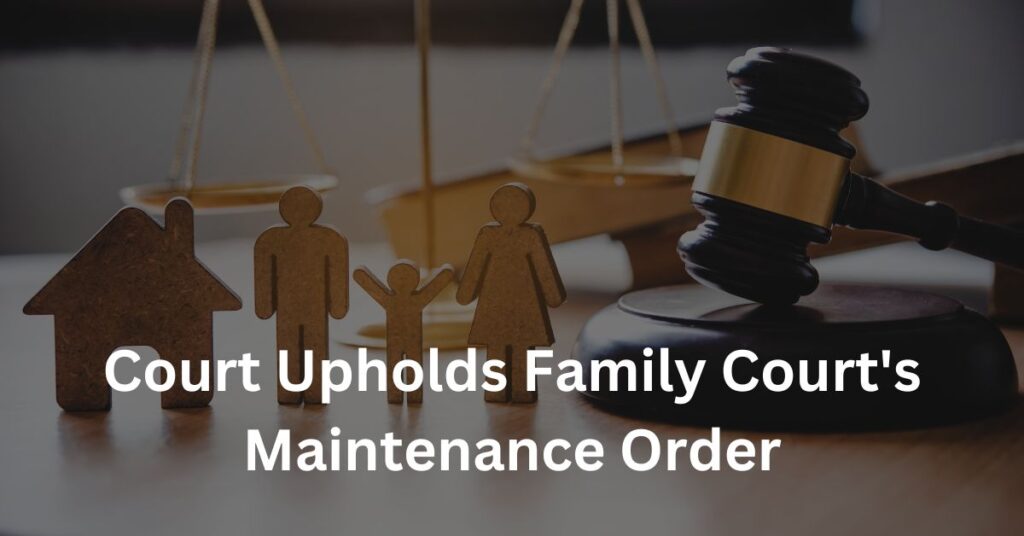Landmark Ruling: Maintenance Granted to Common-law Wife
In a significant legal development, the High Court of Karnataka has ruled in favor of a woman, recognizing her status as a common-law wife and ordering maintenance from her partner.
Dispute and Legal Framework
The case involved Smt. Janakamma, who petitioned for maintenance under Section 125 of the Criminal Procedure Code (Cr.P.C.) against her partner, Sri. Javarappa. The family court had initially dismissed her petition, citing a lack of evidence of a legal marriage.
Arguments and Counterarguments
Janakamma’s counsel argued that despite the absence of formal religious marriage rituals, various documents and societal recognition established her relationship with Javarappa as that of husband and wife. They cited Aadhar card, employment card, and voter’s list entries as evidence of their relationship.
On the other hand, Javarappa’s counsel contended that there was no legal marriage and thus no obligation for maintenance.
High Court Decision
The High Court, invoking Section 114 of the Indian Evidence Act, 1872, recognized the presumption of marriage in cases where couples cohabit and are accepted as spouses by society. It ordered Javarappa to pay Janakamma maintenance of Rs. 10,000 per month, considering his ownership of agricultural land.
Implications and Conclusion
This ruling sets a precedent for recognizing common-law marriages and ensuring the financial security of partners, even in the absence of formal marriage ceremonies.
This summary encapsulates the High Court’s decision to grant maintenance to a woman recognized as a common-law wife, emphasizing the legal arguments, evidences presented, and the implications of the judgment.



